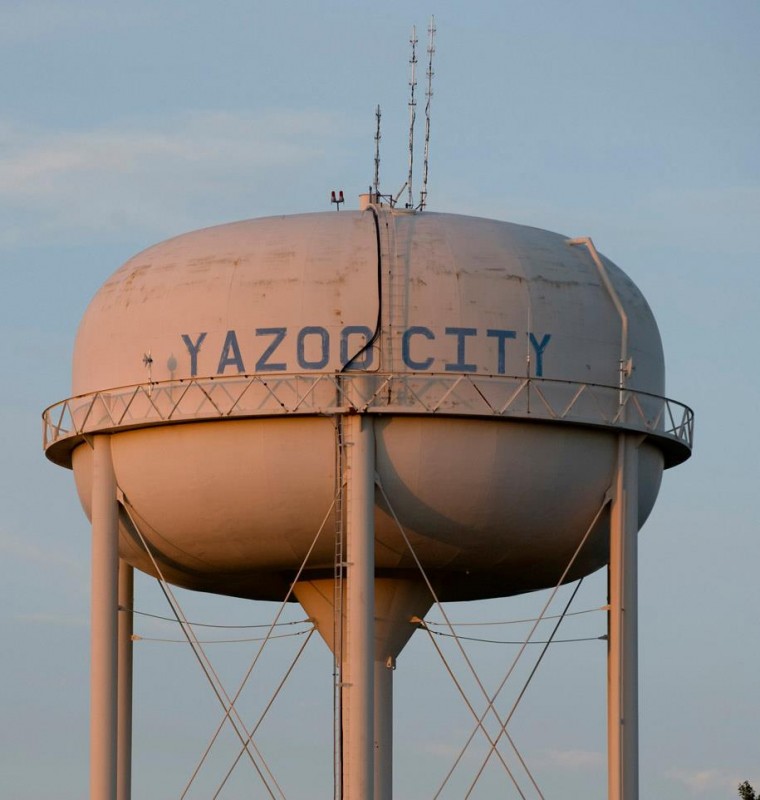Festival starts in
YAZOO REVISITED: INTEGRATION AND SEGREGATION IN A DEEP SOUTHERN TOWN

FEATURE DOCUMENTARY
In the fall of 2010, Mississippi Governor Haley Barbour, a native of Yazoo City, Mississippi, explained to a reporter from the Weekly Standard why there was no violence in Yazoo City when the schools integrated in 1970: "You heard of the Citizens Councils? Up north they think it was like the KKK." Barbour said. "Where I come from it was an organization of town leaders. In Yazoo City they passed a resolution that said anybody who started a chapter of the Klan would get their ass run out of town. If you had a job, you'd lose it. If you had a store, they'd see nobody shopped there. We didn't have a problem with the Klan in Yazoo City."
Barbour was widely criticized for his remarks because the Citizen's Council was an organization prevalent through out the South in the 1950s and 60s. It was made up of local white leaders and was often instrumental in preventing African-Americans from organizing any meaningful opposition to the white power structure.
His comments immediately intrigued the filmmaker, in part, because his father, Willie Morris, was also from Yazoo City, and had written extensively about race relations when he was growing up in the 1940s and 1950s. He had also written a book specifically about the integration of the public schools. Being his father's son, David Rae Morris wanted to explore the story himself, revisit the past and his father's early writings.
For three years, Morris researched Yazoo City's rich history and conducted interviews with various teachers and graduates of the Yazoo City High School, as well as community leaders and state officials. The result: while many believed that the integration of the schools was a model of success, it was not as smooth and harmonious as was once thought.
Barbour was widely criticized for his remarks because the Citizen's Council was an organization prevalent through out the South in the 1950s and 60s. It was made up of local white leaders and was often instrumental in preventing African-Americans from organizing any meaningful opposition to the white power structure.
His comments immediately intrigued the filmmaker, in part, because his father, Willie Morris, was also from Yazoo City, and had written extensively about race relations when he was growing up in the 1940s and 1950s. He had also written a book specifically about the integration of the public schools. Being his father's son, David Rae Morris wanted to explore the story himself, revisit the past and his father's early writings.
For three years, Morris researched Yazoo City's rich history and conducted interviews with various teachers and graduates of the Yazoo City High School, as well as community leaders and state officials. The result: while many believed that the integration of the schools was a model of success, it was not as smooth and harmonious as was once thought.
Website Design & Internet Marketing by Teamwork Solutions

